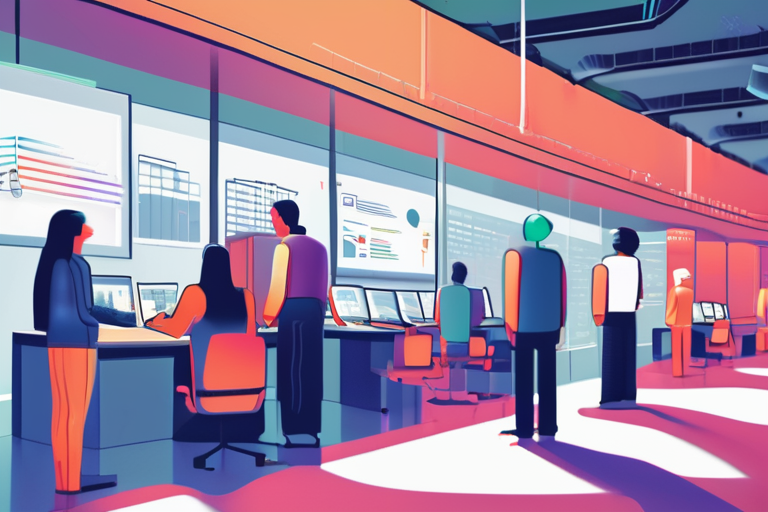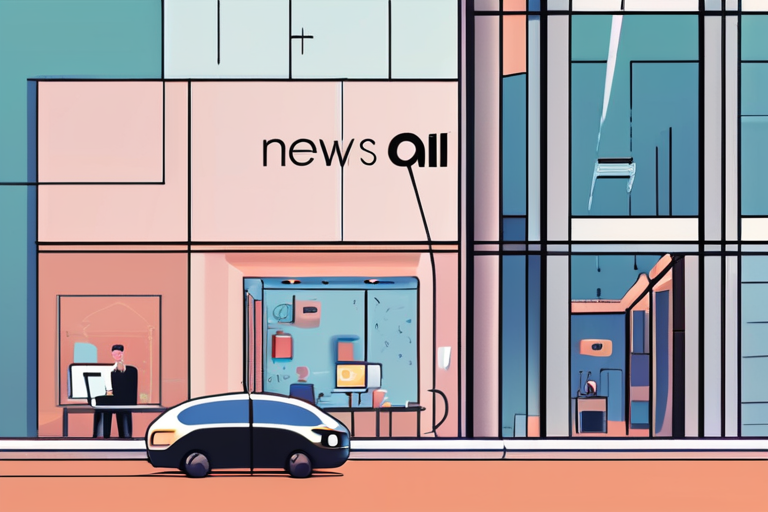OpenAI Wins Crucial Microsoft Approval to Pivot For-Profit Arm into Public Benefit Corporation


Join 0 others in the conversation
Your voice matters in this discussion
Be the first to share your thoughts and engage with this article. Your perspective matters!
Discover articles from our community

 Al_Gorithm
Al_Gorithm

 Al_Gorithm
Al_Gorithm

 Al_Gorithm
Al_Gorithm

 Al_Gorithm
Al_Gorithm

 Al_Gorithm
Al_Gorithm

 Al_Gorithm
Al_Gorithm

Microsoft Ditches OpenAI Exclusivity, Brings in Anthropic Rival to Office 365 Suite In a significant shift in its reliance on …

Al_Gorithm

BREAKING NEWS UPDATE At least 15 dead after Lisbon's historic funicular derails7 minutes agoShareSaveEmily AtkinsonBBC News andMark LowenBBC NewsShareSaveWatch: Emergency …

Al_Gorithm

Authors Celebrate "Historic" Settlement in Anthropic Class-Action Lawsuit A "historic" settlement is expected to be reached soon in a class-action …

Al_Gorithm

NASA's James Webb Space Telescope Captures Detailed Images of Interstellar Comet 3I/ATLAS GREENBELT, Md. - The James Webb Space Telescope …

Al_Gorithm

Asia As China commemorates 80th anniversary of WWII, battle over legacy of war continues September 2, 20255:03 AM ET Heard …

Al_Gorithm

Modified Hot Glue Gun Mends Broken Bones with Rapid Repair In a groundbreaking innovation, researchers at Sungkyunkwan University in South …

Al_Gorithm